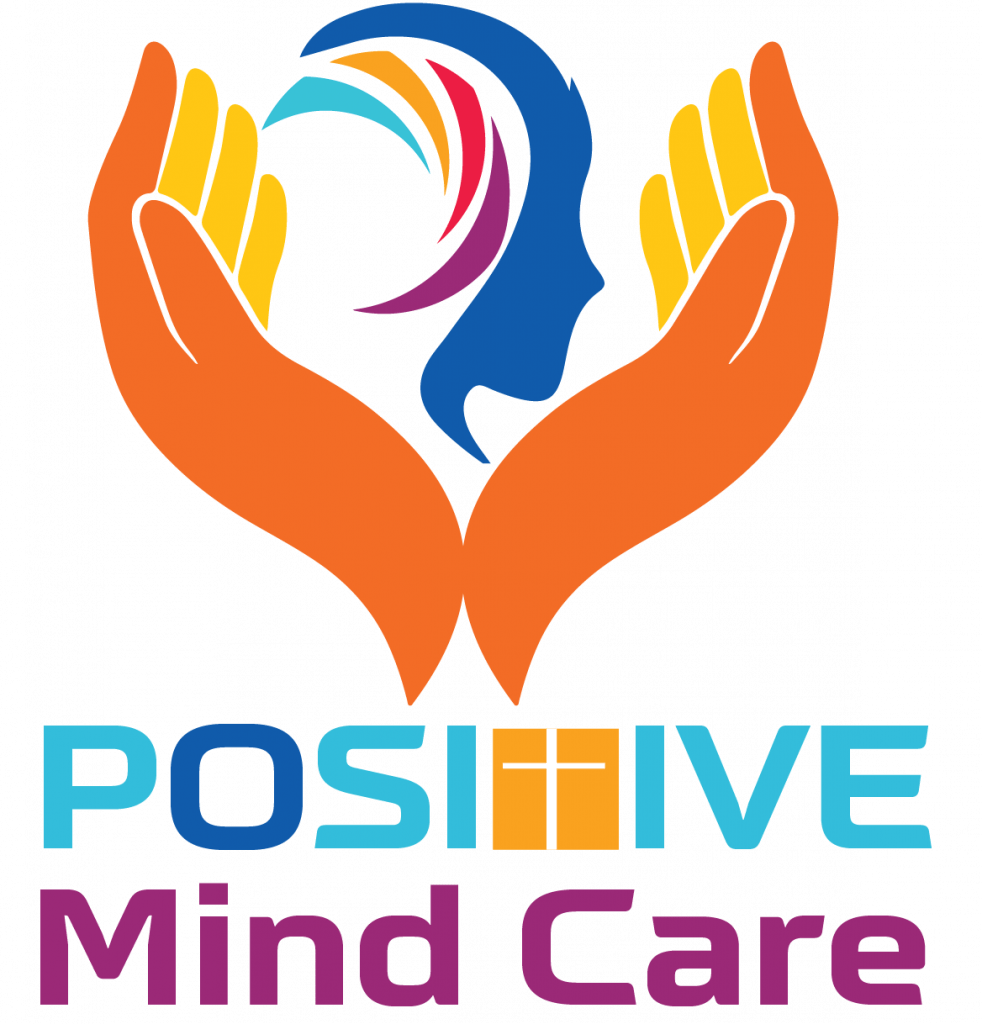Tobacco addiction is a pervasive global health challenge, and India is no exception to its grasp. As a clinic, we at Positive Mind Care understand the harmful effects of addiction. The widespread prevalence of tobacco use in various forms, such as smoking cigarettes, chewing tobacco, and using smokeless tobacco products, has become a significant public health concern in the country. Besides the well-known physical health implications, tobacco addiction’s detrimental effects on mental health have also gained recognition in recent years. This blog explores the alarming consequences of tobacco addiction on mental health in India, shedding light on the underlying factors, the vicious cycle of addiction and mental health issues, and the need for comprehensive strategies to address this pressing issue.
Understanding Tobacco Addiction and Mental Health in India:
- The Prevalence of Tobacco Addiction:
India has one of the highest tobacco consumption rates globally, with an estimated 267 million tobacco users. The country is home to approximately 12% of the world’s smokers. Tobacco addiction affects individuals of all ages, genders, and socio-economic backgrounds, presenting a formidable public health challenge.
- Causes of Tobacco Addiction:
The causes of tobacco addiction in India are multifaceted:
a) Social and Cultural Factors: The use of tobacco, especially in the form of smokeless tobacco, has deep-rooted cultural and social acceptance in certain regions of India, making it challenging to break away from this habit.
b) Peer Pressure: Adolescents and young adults are particularly vulnerable to peer pressure and may experiment with tobacco to fit into social circles.
c) Stress and Coping Mechanisms: Tobacco use may serve as a coping mechanism for individuals facing stress, anxiety, or depression.
d) Media and Advertising: The portrayal of tobacco use in media and advertisements can normalize the habit, influencing young minds to take up smoking or other forms of tobacco consumption.
Detrimental Effects of Tobacco Addiction on Mental Health:
Anxiety and Depression:
Tobacco addiction is linked to a higher risk of developing anxiety and depression. Nicotine, the addictive component of tobacco, alters brain chemistry, leading to mood fluctuations and heightened anxiety levels. Long-term tobacco use may exacerbate existing mental health conditions or trigger the onset of anxiety and depression in vulnerable individuals.
Increased Stress Levels:
Contrary to the perception that tobacco use reduces stress, chronic nicotine exposure can lead to heightened stress levels. Smokers often find themselves caught in a vicious cycle where tobacco temporarily relieves stress but contributes to higher stress levels overall.
Substance Use Comorbidity:
Tobacco addiction is often comorbid with other substance use disorders, such as alcohol and drug abuse. The co-occurrence of multiple addictions can exacerbate mental health issues and hinder recovery efforts.
Impact on Cognitive Function:
Tobacco use can impair cognitive function and memory, especially in adolescents and young adults whose brains are still developing. This can lead to difficulties in learning, concentration, and problem-solving skills.
Self-Esteem and Body Image Issues:
Tobacco addiction may negatively impact self-esteem and body image, particularly among young individuals who may develop a perception that smoking makes them appear more mature or attractive.
Suicidal Ideation:
Studies have shown a link between tobacco addiction and an increased risk of suicidal ideation and attempts. Individuals battling tobacco addiction may experience feelings of hopelessness and despair, elevating their vulnerability to suicidal thoughts. Our professionals at Positive Mind Care aim to curb these issues through mindfulness and counseling.
Breaking the Cycle: Addressing Tobacco Addiction and Mental Health in India:
Comprehensive Tobacco Control Policies:
India has made significant strides in tobacco control with measures like pictorial warnings on tobacco products, bans on smoking in public places, and advertising restrictions. Strengthening these policies and enforcing them rigorously is crucial in curbing tobacco addiction and its impact on mental health.
Mental Health Awareness and Integration:
Raising awareness about the mental health implications of tobacco addiction is essential. Healthcare professionals should be trained to screen for tobacco use and address mental health concerns among those struggling with addiction.
Tobacco Cessation Programs:
Implementing effective tobacco cessation programs can provide much-needed support to individuals looking to quit tobacco. These programs should incorporate mental health counseling to address underlying emotional issues.
Counseling and Support Services:
Establishing easily accessible mental health counseling and support services can aid individuals in coping with stress, anxiety, and depression without resorting to tobacco use.
School and College-Based Initiatives:
Educational institutions can play a vital role in promoting mental health and preventing tobacco addiction. Implementing anti-tobacco education and mental health awareness programs can empower students to make informed choices.
Media Sensitization:
Media platforms should be sensitized to avoid glamorizing tobacco use and instead promote responsible messaging about its adverse effects on mental health.
Tobacco addiction in India is not just a physical health issue but also a significant contributor to mental health challenges. The impact of tobacco on mental well-being creates a complex interplay between addiction and mental health disorders, perpetuating a vicious cycle that can be challenging to break. By adopting a comprehensive approach that addresses both tobacco addiction and mental health concerns, India can create a healthier and more resilient population. At Positive Mind Care, we aim at empowering individuals with knowledge, support, and accessible resources that will be instrumental in breaking the shackles of tobacco addiction and fostering better mental health for all.


